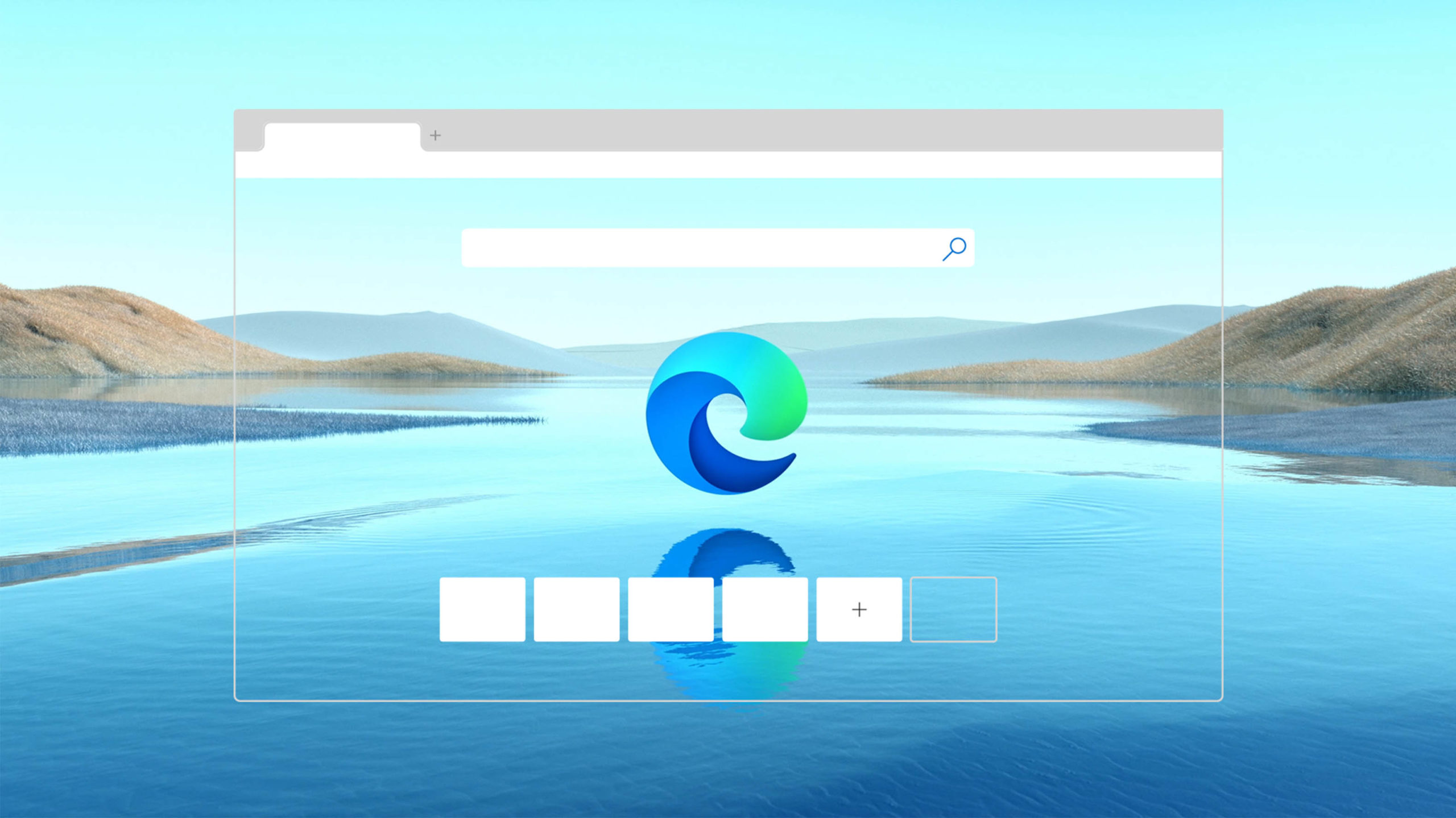
Microsoft proclaimed that Edge will be the best-performing browser on Windows 10 when version 91 releases later this week.
The company made the claim in a blog post about what’s new in Edge released as part of Microsoft’s Build developer conference. As for why Microsoft thinks Edge is the best, the company named two recent feature additions: startup boost and sleeping tabs.
The former is a feature that launches Edge in the background when users sign into their PC. Microsoft says startup boost helps Edge launch 41 percent faster. While it certainly improves startup time, I’m not sure it’s the best metric to go with when comparing performance since most browsers launch almost instantly. Besides, after the initial few seconds, startup speed no longer matters — performance when browsing becomes the more important metric.
Sleeping tabs, on the other hand, is a feature most people will actually notice and use on a regular basis. In short, sleeping tabs will put inactive Edge tabs to sleep, conserving system resources like RAM and CPU. Users can customize how aggressively sleeping tabs works by adjusting how long a tab can remain inactive before Edge puts it to sleep. Users can also block some sites so they never go to sleep.
Edge was already one of the best Windows browsers from a memory management perspective, and sleeping tabs definitely push it over the edge — pardon the pun. Although Microsoft hasn’t officially rolled out tab grouping for Edge, you can still enable it and it works great with sleeping tabs. For example, if you add tabs to a group and then collapse that group, Edge will put those tabs to sleep until you open the group again. (If you’re interested, you can enable tab groups in Edge by opening the browser, navigating to ‘edge://flags,’ searching ‘tab group’ and enabling tab groups, auto-create and collapse freezing.)
Google is working to improve Chrome too
Of course, there are several caveats to consider here. First, Microsoft added a big asterisk to its claim when it specified Windows 10. Naturally, I’d expect Edge to work best on Windows since it’s Microsoft’s OS and Microsoft’s browser. However, Microsoft doesn’t mention macOS or Linux, although that doesn’t mean Edge performs poorly on those systems. I can’t speak to Edge’s performance on either OS, but MobileSyrup’s Patrick O’Rourke uses Edge on an M1 MacBook and says it seems to run well.
The other consideration is that both Microsoft and Google update their browsers regularly, the latter pushing out Chrome version 91 starting May 25th. Although not every update brings significant performance changes, they can still impact performance. And it’s unlikely Chrome 91 alone will change things enough for Chrome to take back the performance lead, but that doesn’t mean Google isn’t trying.
For example, back in March Google rolled out Chrome 89, which included several performance and memory improvements.
On that note, because both Edge and Chrome use Chromium, some performance enhancements benefit both browsers. As a quick refresher, Chromium is the open-source foundation for Chrome, Edge, Brave and several other web browsers. Although Google largely dominates work on the Chromium project, other companies that use it also contribute. For example, Microsoft boasted in its blog post that it has had over 5,300 commits accepted into the Chromium project, many of which make improvements Microsoft added to Edge available for other Chromium-based browsers.
Of course, not everything gets shared. Microsoft’s sleeping tabs and startup boost are exclusive to Edge and I don’t see Microsoft merging either into Chromium for other browsers to use. Likewise, some of Google’s improvements to Chrome likely won’t be available through Chromium. But work on lower-level architecture, like memory management, likely will get shared, benefiting every browser using the project.
Ultimately, whether you use Edge or not, it’s great to see more competition happening in the browser space. Arguments about browser monoculture and concerns over nearly every browser using Chromium aside, if other companies are able to build excellent, compelling browsers that can go toe-to-toe with Google’s Chrome, it’ll drive Google to improve Chrome too. And that should benefit everyone, regardless which browser you use.
MobileSyrup may earn a commission from purchases made via our links, which helps fund the journalism we provide free on our website. These links do not influence our editorial content. Support us here.


